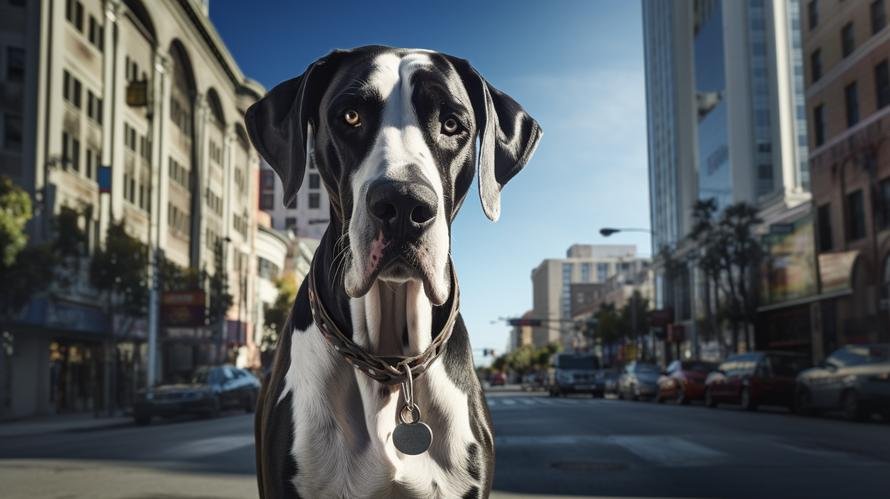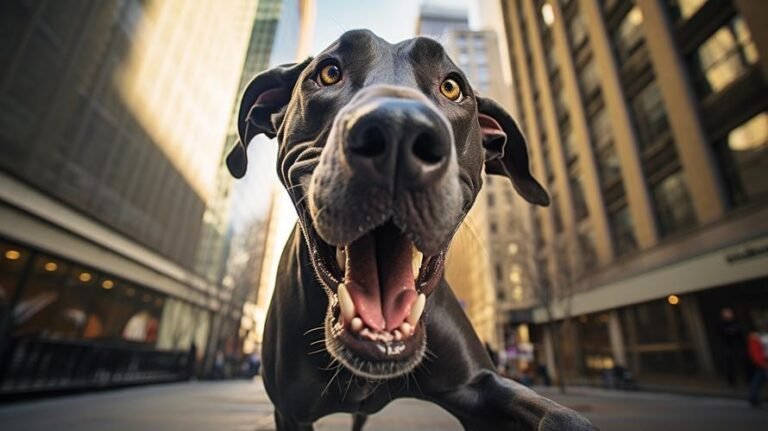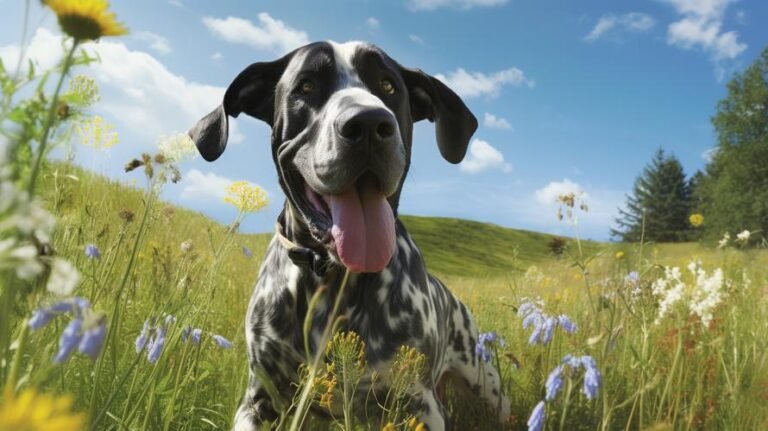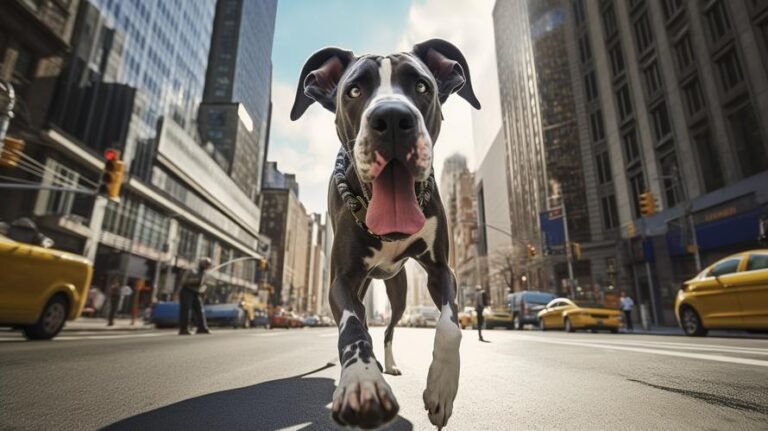Prepare to embark on a journey of knowledge as we discuss the world of the Great Dane, a beloved and majestic breed renowned for its stature and gentle nature. Here’s a fun fact to kick things off: Did you know a Great Dane held the Guinness World Record for the tallest dog? His name was Zeus, and he remarkably stood at 44 inches tall.
But let’s talk food. Diet is crucial to the well-being of any living creature, and our K9 friends are no exceptions. For Great Danes, diet has an even more significant role as these gentle giants are prone to health issues. One ongoing debate among pet owners and vets alike is whether a Great Dane should partake in a grain-free diet. This question bears weight because our furry pals can’t make diet decisions for themselves.
Let’s delve into the realm of a Great Dane’s diet, specifically focusing the spotlight on grains. By the end of our journey, you’ll be equipped with enough knowledge (and maybe some fun trivia) to make an informed food choice for your four-legged companion.
Grain-free dog food became a trending option around 2007, riding the wave of the ever-growing human gluten-free trend. Pets become family members, so it’s only natural to want the best for them, mirroring a healthier human diet in their bowls. The idea behind the grain-free choice is to move dogs closer to their ancestral dietary habits – more proteins and fewer carbs.
But what science says and what marketing suggests don’t always align. Research from the Cummings School of Veterinary Medicine at Tufts University recently put the grain-free diet under the microscope. The study discovered a link between grain-free, legume-rich diets and a potentially life-threatening heart disease called Dilated Cardiomyopathy (DCM) in dogs. This disease can lead to an enlarged heart and is particularly prevalent in large breed dogs, like our friend the Great Dane. The FDA also released a report naming 16 brands of dog food most frequently associated with cases of DCM.
But before swearing off grain-free dog food forever, let’s consider a few things. What’s causing DCM remains largely unknown as these initial studies indicate a potential correlation, not causation, between these diet types and DCM. It’s also noteworthy that while DCM is a concern for large breed dogs, genetically, Great Danes aren’t predisposed to this heart disease as some breeds are.
On the other hand, you might be considering grain-free dog food because your Great Dane has shown signs of grain allergy. Grain allergies in dogs are relatively uncommon, contrary to popular belief – beef and dairy are the leading causes of food allergies in dogs. But that doesn’t mean your dog can’t be allergic to grains. If you suspect an allergy, talk to your vet about conducting a food elimination diet to confirm it.
It’s also important to consider your Great Dane’s specific dietary needs. They need food with a proper balance of protein, carbs, and fats suitable for sustaining their large size and preventing health issues tied to rapid growth. Grains are an excellent source of carbs and provide essential nutrients that are important for optimal health. If you switch to a grain-free diet, you’ll need to ensure that these nutrients are provided from other sources.
One thing’s for sure – feeding your Great Dane (or any dog) involves more than a trip to the pet store and picking up any bag of dog food off the shelf. It requires research, seeking professional advice, and considering your dog’s individual needs.
In conclusion, should a Great Dane eat grain-free? There’s no definitive yes or no answer as it depends on the dog’s individual circumstances and health status. As responsible dog owners, it’s on us to make informed decisions and work with vets to ensure our Great Dane’s dietary needs are catered to without compromise. And remember, a well-fed Dane is a happy Dane.



